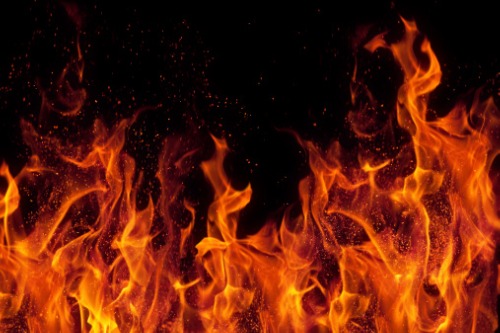

This year’s wildfire season in BC has burned so much ground that it has been recorded as the province’s fourth most destructive in history.
As of August 18, more than 8,520 sq km of BC have been scorched by wildfires. But this year’s season could potentially beat 1958’s total of 8,560 sq km to take third place.
CBC News reported that over the past few days, rain and cooler temperatures managed to control some of the more aggressive fires, particularly in the southern Interior. As the fire risk subsided in some areas, numerous evacuation alerts and orders were repealed or downgraded over the past two days.
But the community of Coldwater Reserve near Merritt, BC was issued an evacuation order due to the nearby July Mountain wildfire.
Rain may have slowed down the wildfires now, but the BC Wildfire Service has warned that there is still a lot of biomass fuel for the fires to burn through, since most of the summer was dry and hot.
Fire information officer Erika Berg explained that any period of drier weather, even if temperatures were not particularly warm, could still lead to more fires.
"If we do see some drying periods … windy days can result in fire behaviour increasing," Berg said.
Mike Flannigan, a wildfire researcher from Thompson Rivers University, has cautioned that the fires could continue to burn until winter.
"There may be some smouldering spots that survived the winter, and we give the term 'zombie fires,'" Flannigan told CBC News. "As long as you have some oxygen and some heat and some fuel, which in this case is vegetation, it will continue to smoulder…the fire is burning underneath the snow pack."
